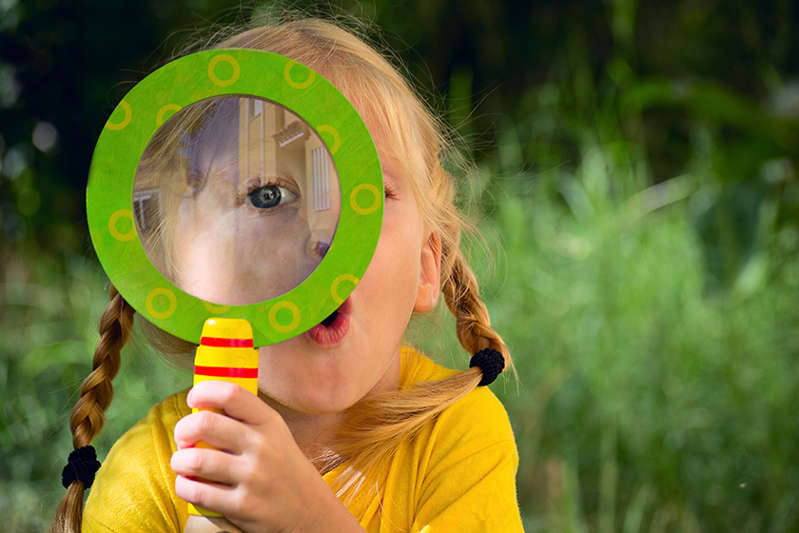
American psychologists from the University of Arizona decided to investigate one of the theories. They chose the theory of reason for the experiment. And before that, in earlier experiments, opinions differed. However, this time scientists have achieved a new result. Read more about this in our newsletter.
Psychologists have found that children do not have a theory of mind until 5-6 years old. That is, they cannot realize that those around them can see the world differently. This is reported in the journal Monographs of the Society for Research in Child Development.
“The classic test for the theory of understanding consciousness is demonstrating to a child how someone hides an object and then leaves. At this time, another person hides the object and is also removed from the field of vision. When the first one returns, the child is asked where the toy is. A group of researchers questioned this approach because children have too little choice: in fact, they can equally choose both options. Then the team added another component to this experiment – the third location of the item (the chocolate bar). As a result, it was possible to establish that they do not possess the theory of consciousness up to 5 or 6 years of age ”,
However, this ability is very limited in those children who are diagnosed with schizophrenia or autism spectrum disorder.
Previously, researchers believed that a child can realize that other people see the world differently by the age of 4. However, after the experiment was modernized, it became clear that such opinions were outdated.
Earlier Letidor wrote that scientists talked about the benefits of fruit for the mental health of children.
Photo: Depositphotos
Read also:
How to help your child find common ground with special peers
And what will happen if the child is constantly monitored
New FSES: why children are required to develop the skill of self-reflection
4 kids fashion trends that will appeal to both you and your child
The doctor called the symptoms of coronavirus, which have become more frequent recently

